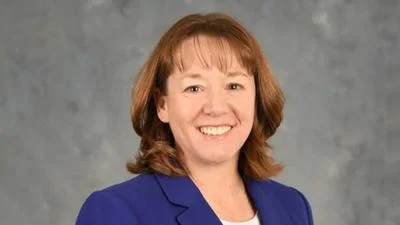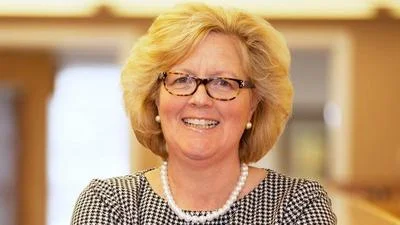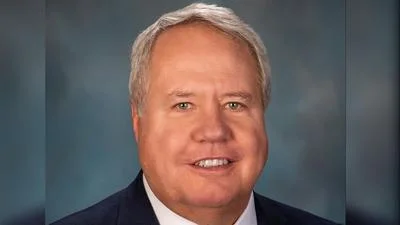In a heated debate on Thursday over a bill that would provide property tax exemptions to some of the most-vulnerable residents in Illinois, state Rep. Charles Meier (R-Highland) expressed his struggle with the bill, insisting that it be means tested.
“This is a ‘got me’ bill,” Meier said. “You want to help every veteran who deserves it, but we need to have this bill means tested so it helps the people who it needs to help: the ones that have a true disability that cannot make a living. If they are still making a $100,000 to $150,000 a year, maybe they can afford to pay their taxes. Means testing for all property tax relief is a good thing.”
Generally, means testing is a process in which individuals or families undergo a determination procedure for government assistance. Meier suggested that the bill should vet individuals who seek the exemptions in a similar way, rather than offering the benefit to anyone who applies.
H.B.156 is spearheaded by Michelle Mussman (D-Schaumburg) and would create two exemptions for longtime homeowners and disabled individuals. It would increase the maximum amount of the general homestead exemption and senior citizens homestead exemption to $8,000 and $6,000, respectively, and increase the Senior Citizen Real Estate Tax Deferral amount to $6,000 from $5,000.
The measure would also make several changes to the veterans homestead exemption that would extend the lowest level of exemption, $2,500, to veterans with a 20 percent or 30 percent disability. It would allow veterans over age 75 without a disability to qualify for the low-level $2,500 exemption, and surviving spouses would also be able to receive the exemption.
Meier said he supports veterans but struggles with the concept of handouts.
“Do I vote yes?" he said. "Do I vote no? How do you vote against a disabled veteran? I have many veterans contact me because I live next to an Air Force base. We have many school districts contacting us because they lose millions of dollars a year so that disabled veterans [can collect benefits] while that disabled veteran is still earning an income of $100,000 or more a year and not paying property taxes.”
After the debate, H.B.156 passed with 108 “yes” votes and one “no” vote.





 Alerts Sign-up
Alerts Sign-up